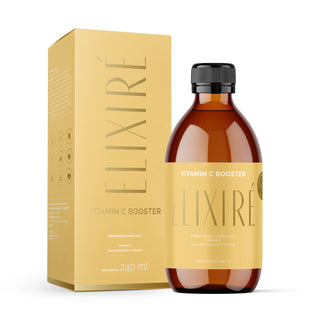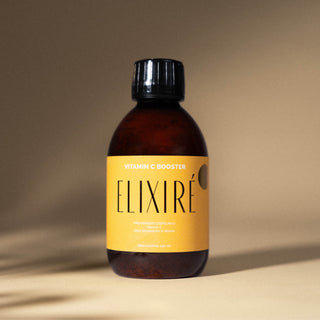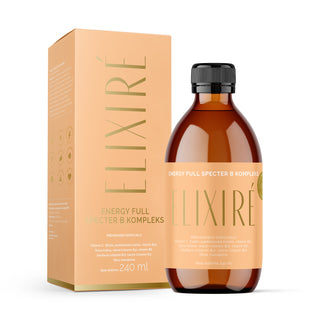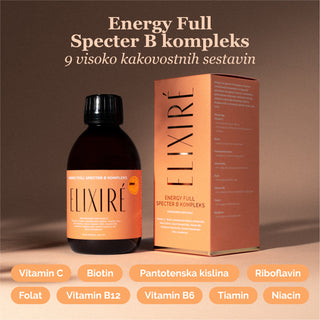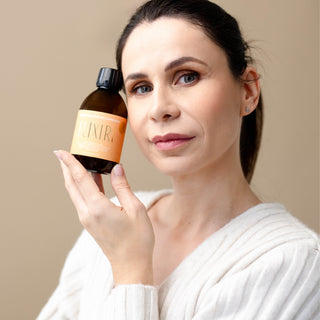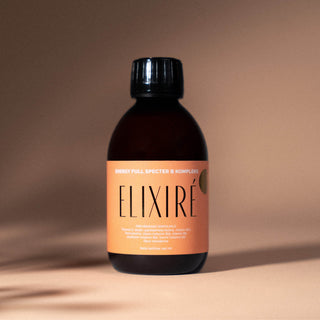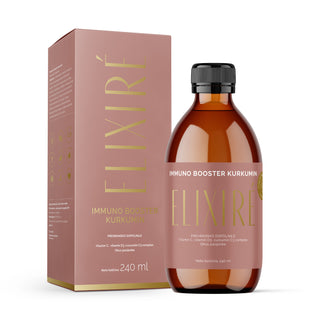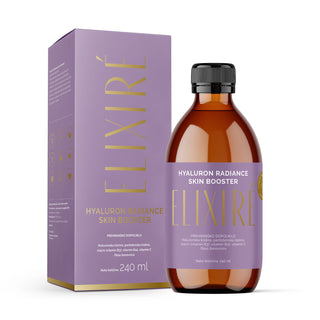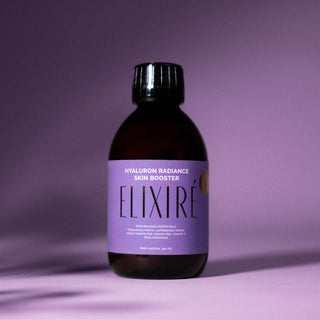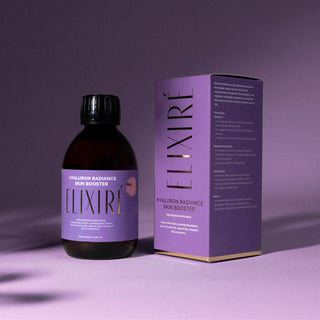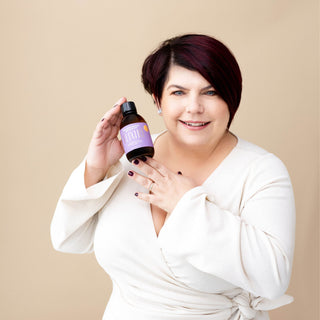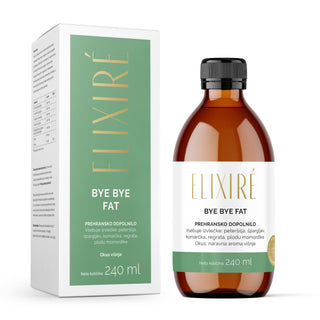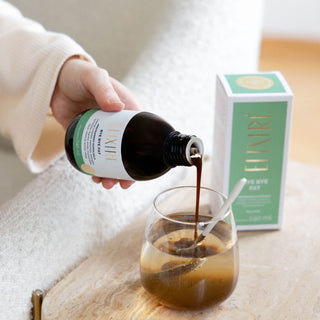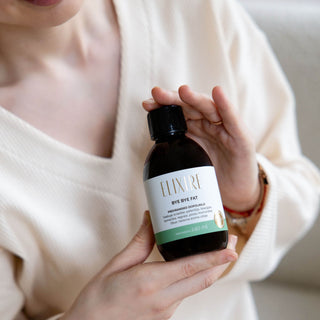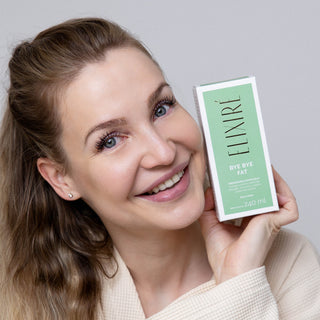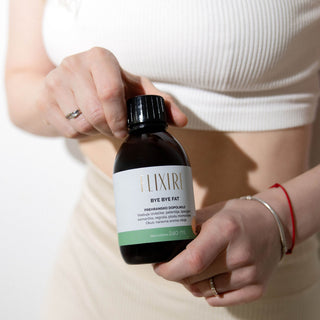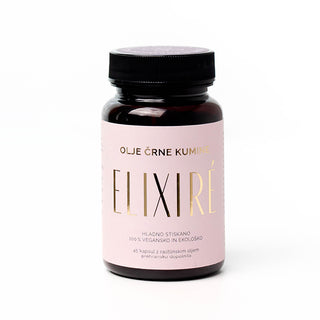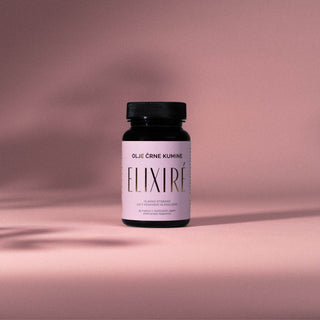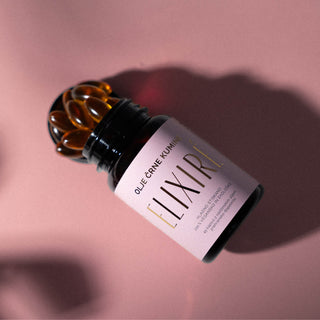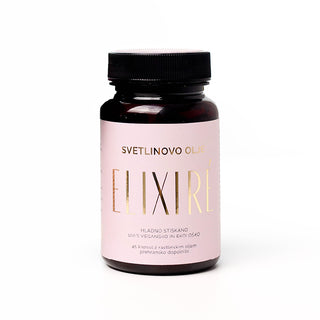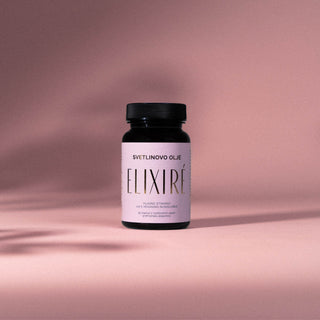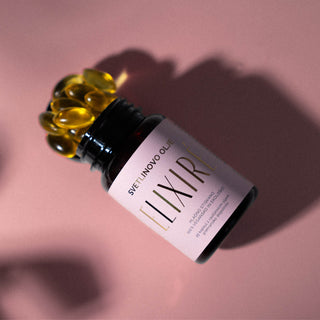In the world of dietary supplements, choosing quality products can be a challenge. Many products on the market contain fillers and ineffective ingredients, which can make it difficult to make a decision. The quality of dietary supplements is a very important factor. In addition to the fact that low-quality and untested products can be completely ineffective (e.g. due to the choice of poor raw materials), their effect can also be the opposite of what is advertised - they can even harm our health! Therefore, to avoid side effects, it is wise to inquire about its safety, origin, manufacturer, quality, ingredients, etc. before choosing a dietary supplement.
In this article, we will explore how to identify high-quality supplements, focusing on purity, bioavailability, and transparency of ingredients. We will also highlight the importance of in-house manufacturing and how at Elixiré We guarantee the highest quality without compromise.
1. Purity of ingredients
High-quality dietary supplements contain pure active ingredients without unnecessary additives such as sweeteners, additives, fillers, dyes and artificial flavors. The body often does not tolerate these chemicals well, so it is advisable to choose products that contain only pure ingredients. This ensures that the body only receives the necessary nutrients without unwanted side effects. (1*)
2. Bioavailability
Bioavailability refers to the rate and speed at which an active ingredient is absorbed into the bloodstream. Liposomal technology, for example, allows for better absorption of vitamin C because liposomes protect the vitamin from degradation in the digestive tract and allow it to pass more easily through intestinal cells. This means that lower doses of liposomal vitamin C are as effective as or more effective than higher doses of regular vitamin C, allowing for better absorption and utilization of the nutrients. (2*)
3. Transparency of ingredients
Quality manufacturers are transparent about the ingredients in their products. All ingredients are clearly listed on the packaging, including any additives or fillers. Lack of transparency can indicate poor quality or even consumer deception. Therefore, it is important to always check the ingredient list before purchasing and avoid products with unknown or suspicious substances. (3*)
4. Own production and quality
Companies that have their own production can better control the quality of their products. This allows for stricter control over raw materials, the production process, and the final product. Elixiré is a Slovenian company that prides itself on its own production and ensures the highest quality of its supplements without compromise. Their products are made in Slovenia and have a GMP certificate, which confirms compliance with the highest quality standards.
5. Compliance with legislation and recommendations
High-quality supplements comply with applicable legislation and expert recommendations. The presence of products in pharmacies and recommendations from doctors and pharmacists can further confirm the quality and reliability of a particular product. It is also important that companies do not promise unrealistic results, but only make claims that are scientifically supported and permitted by applicable regulations. (3*)
6. Clinical studies and proven performance
Quality manufacturers back up their product claims with clinical studies and research. This gives consumers confidence that the product actually works as promised. It is advisable to check whether such evidence of effectiveness is available before purchasing.
Production in Slovenia is strictly controlled with regular inspections, which ensure greater safety for the consumer. However, this does not necessarily mean high quality, as quality is guaranteed by quality certificates such as GMP and IFS.Pay attention to these certifications and company communications, as they can be a sign of a responsible and trustworthy manufacturer.
Choosing a quality dietary supplement requires attention to detail and information. Emphasis on ingredient purity, bioavailability, transparency, in-house production, and compliance with legislation and professional recommendations can help you choose the best products. Elixiré meets all of these criteria, offering pure, scientifically backed supplements that ensure the highest quality without compromise.
Select Elixiré dietary supplements for optimal health and well-being. Visit our website and discover our wide range of products that combine quality, effectiveness and transparency.
Literature (*):
1. Source: Food additives (EFSA), http://www.efsa.europa.eu/en/topics/topic/food-additives
2. Source: Liposomal-encapsulated Ascorbic Acid: Influence on Vitamin C Bioavailability and Capacity to Protect Against Ischemia–Reperfusion Injury (JL Davis, HL Paris, JW Beals, SE Binns, GR Giordano, RL Scalzo, MM Schweder, E. Blair, C. Bell), http://pmc.ncbi.nlm.nih.gov/articles/PMC4915787/
3. Source: EU register of health claims (EFSA), http://food.ec.europa.eu/food-safety/labelling-and-nutrition/nutrition-and-health-claims/eu-register-health-claims_en

